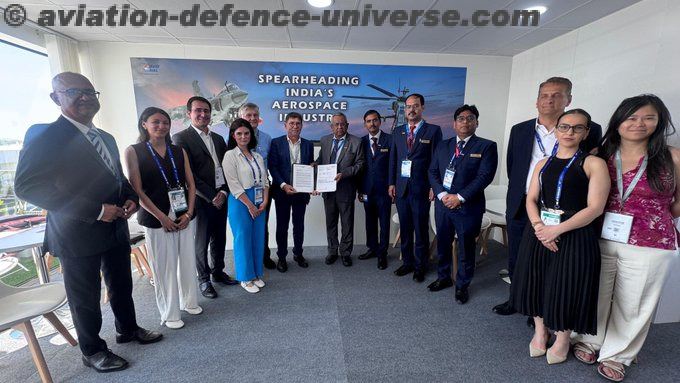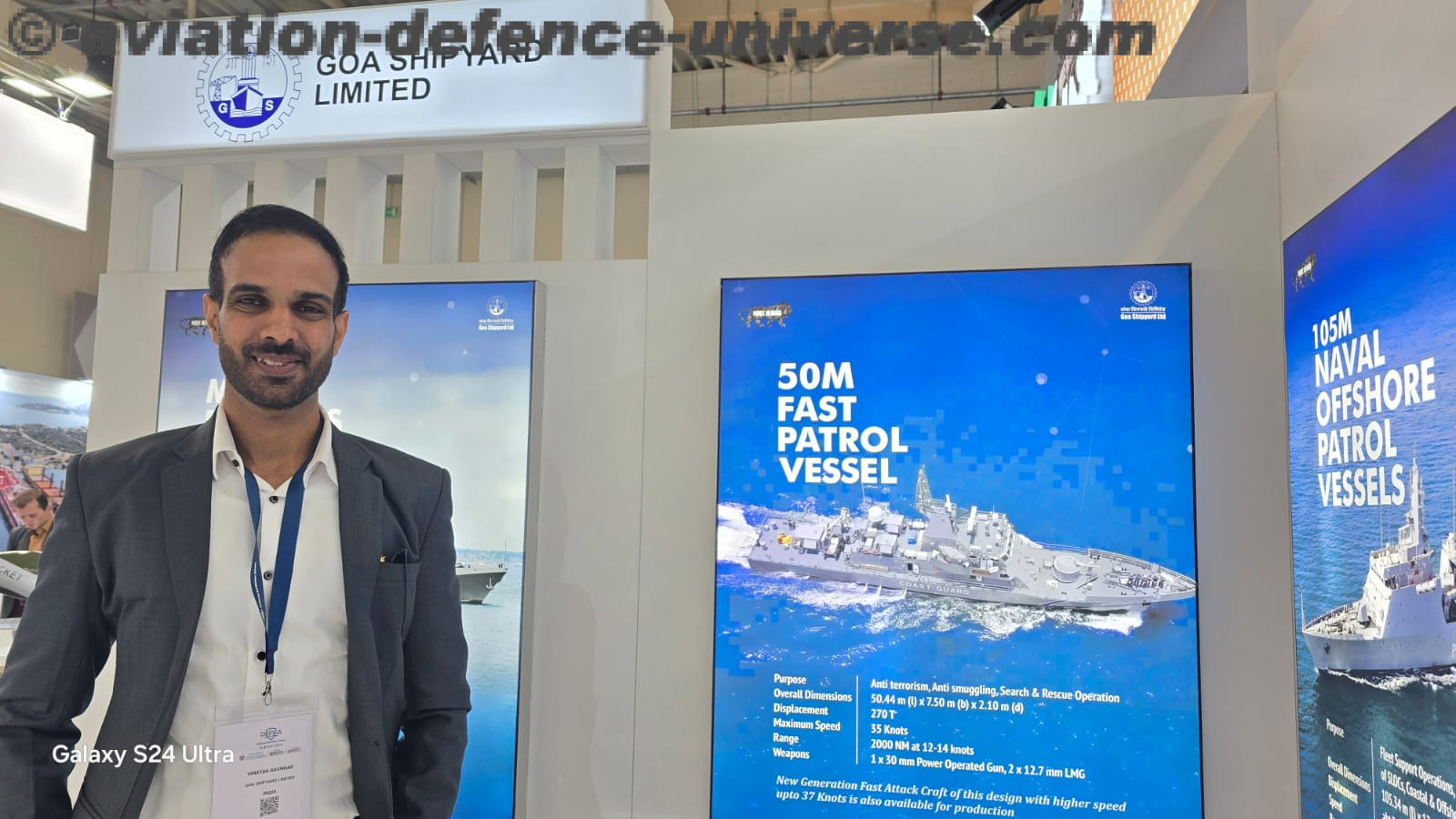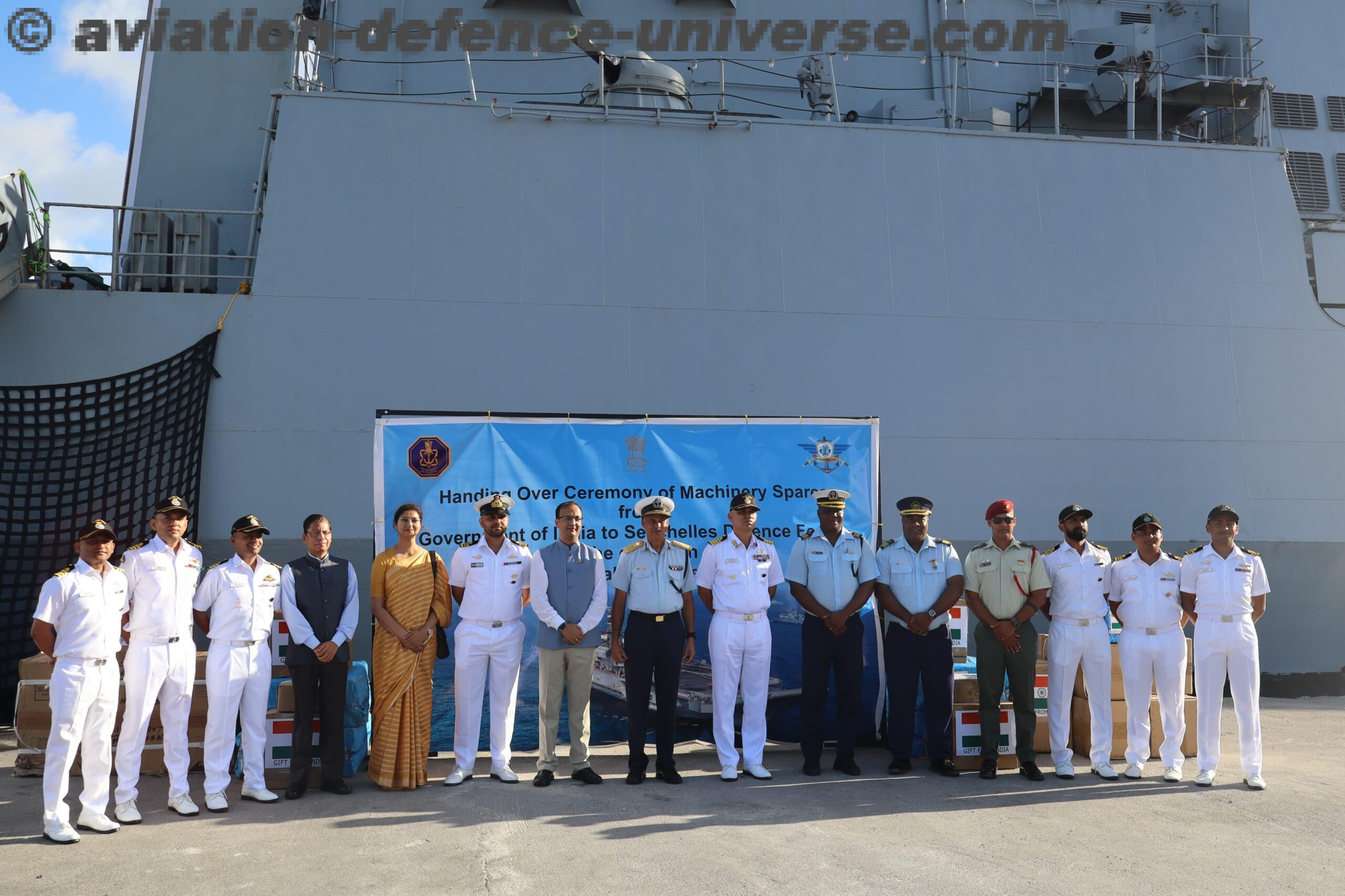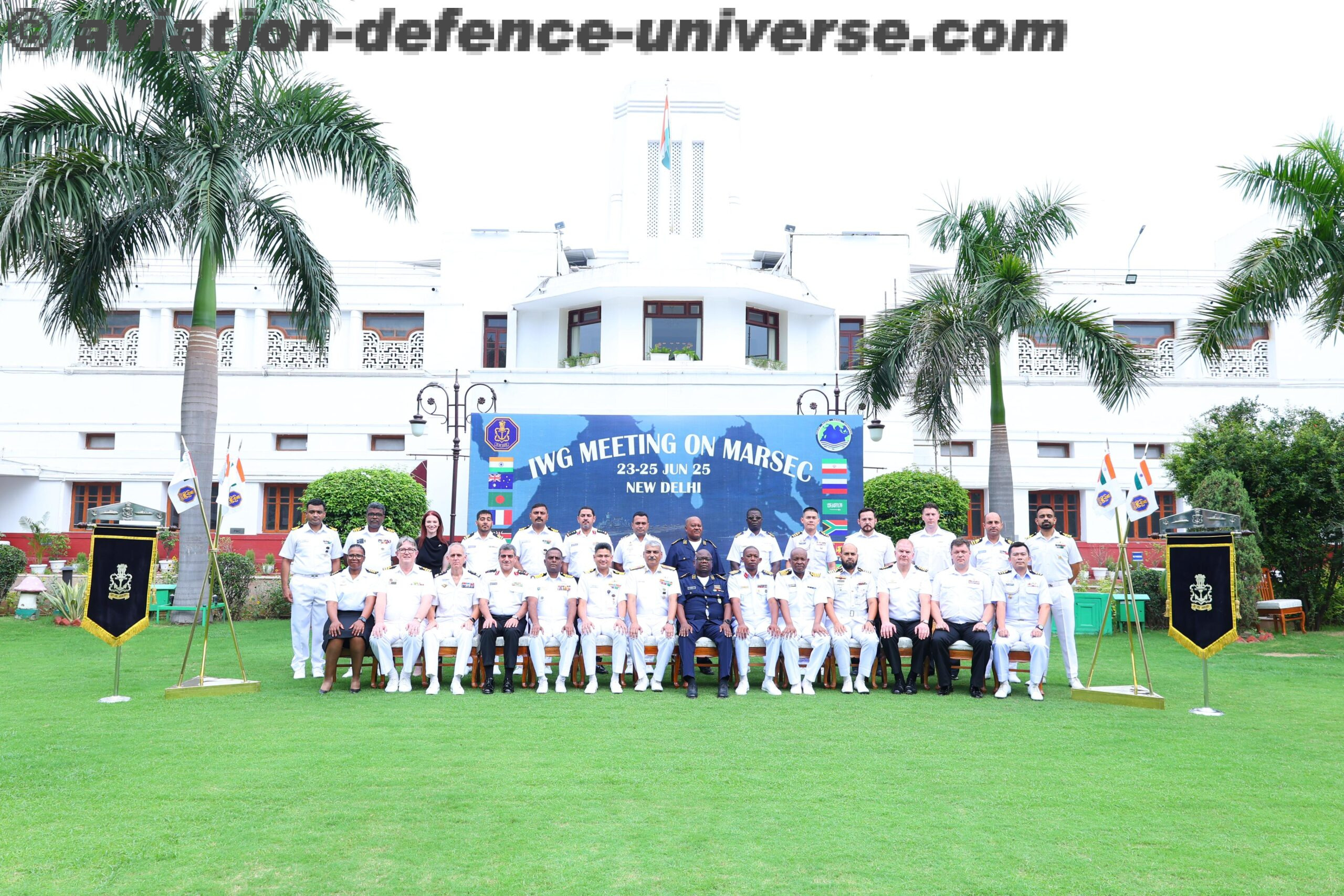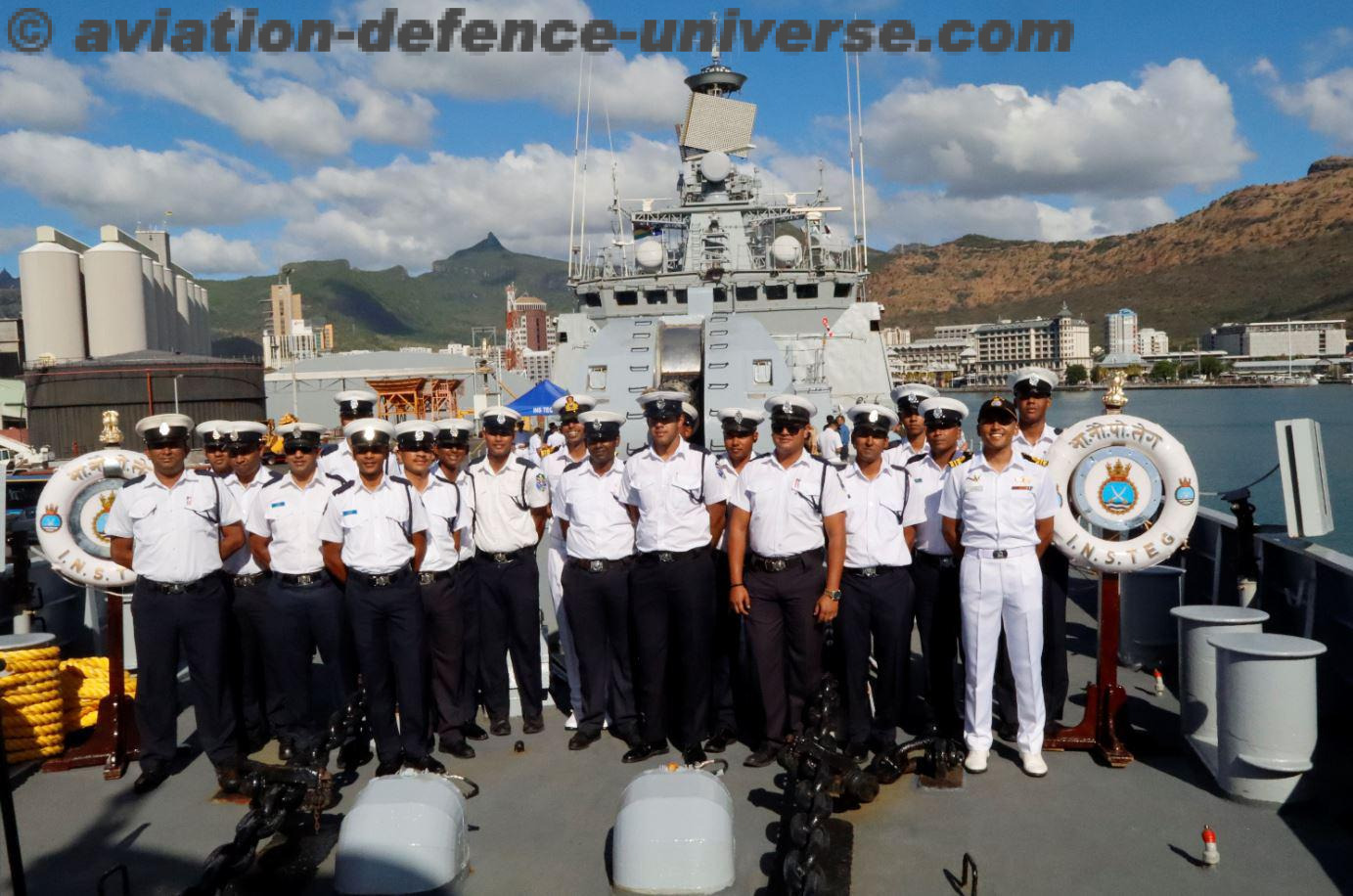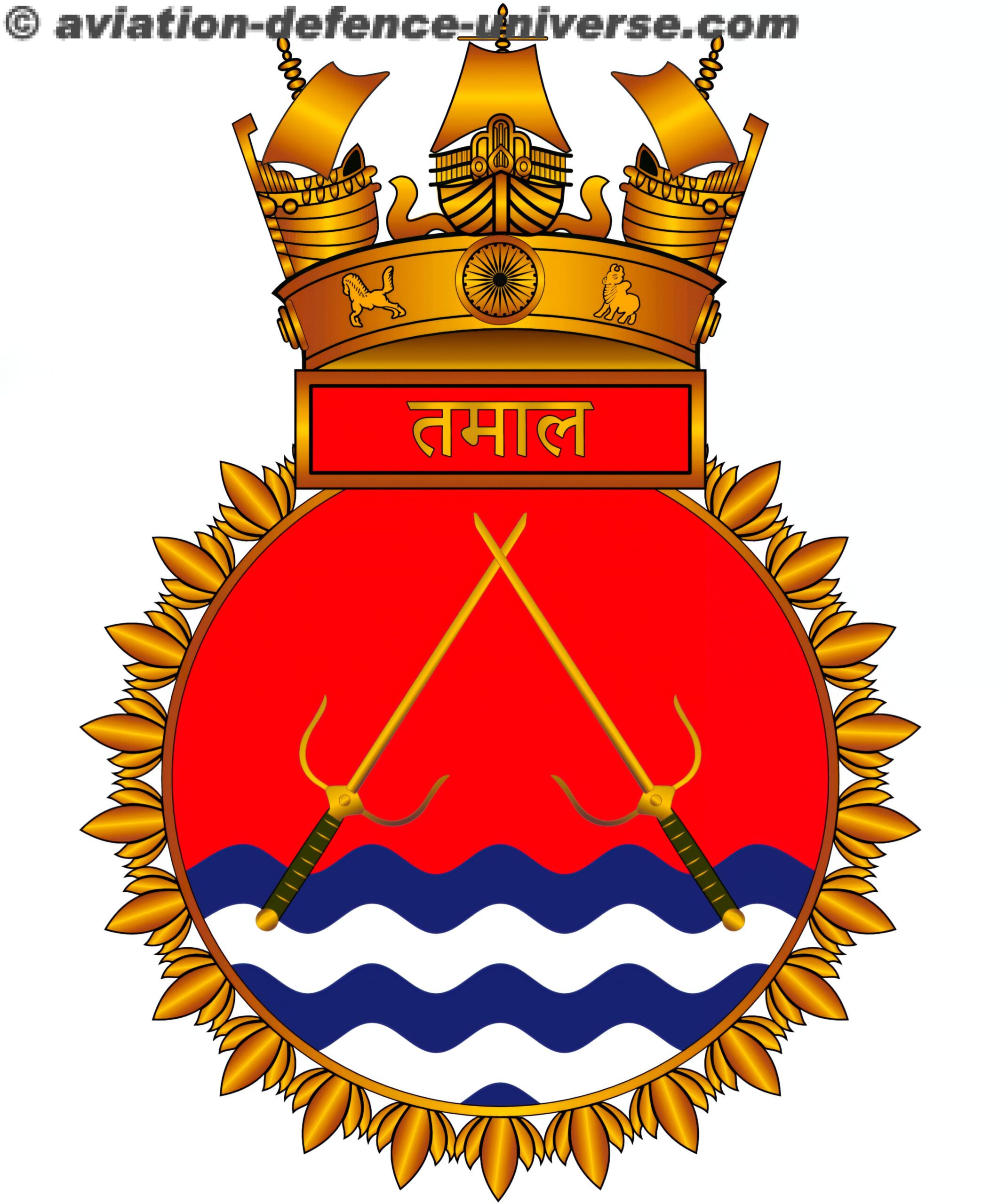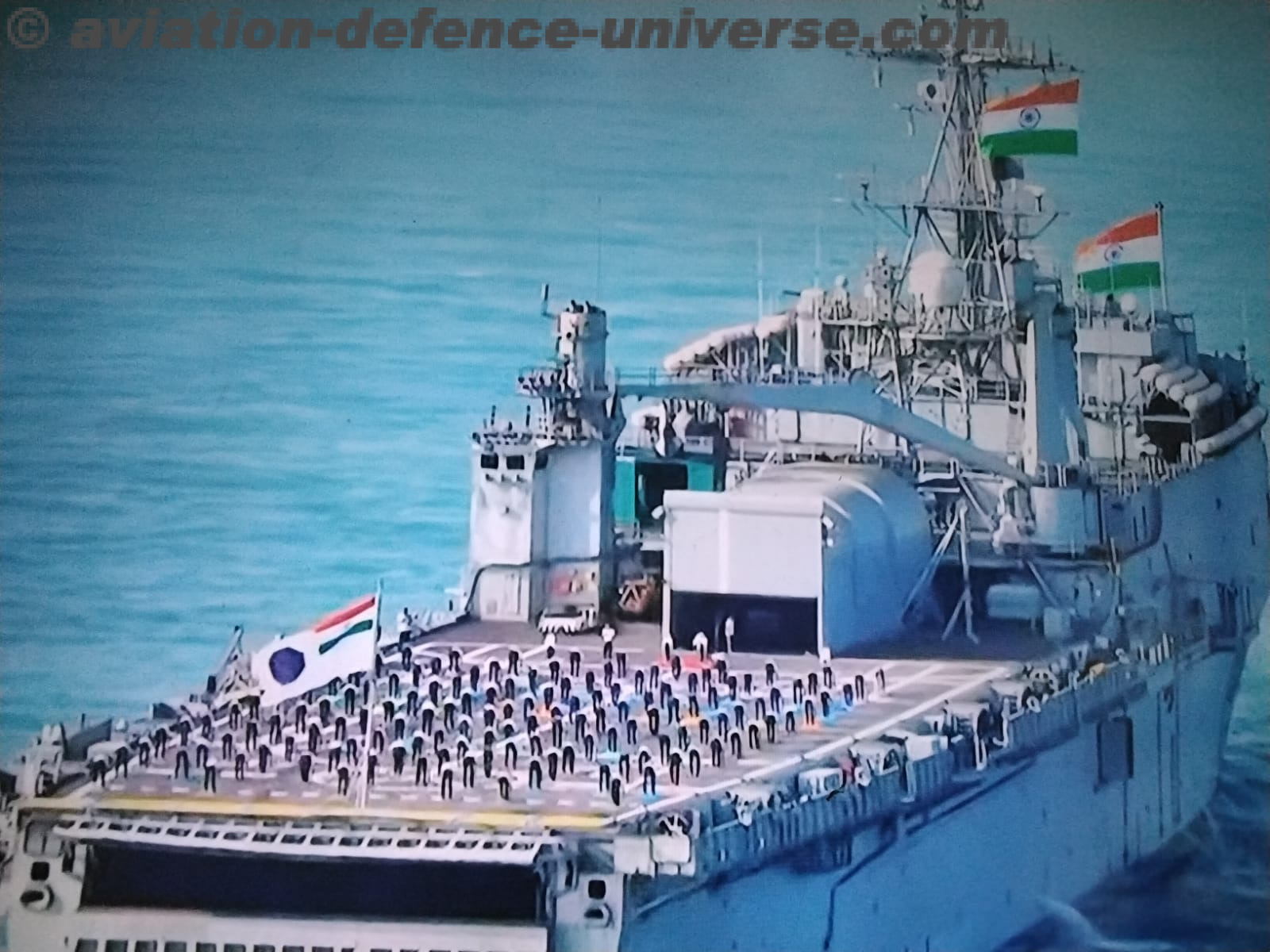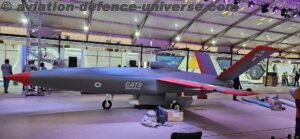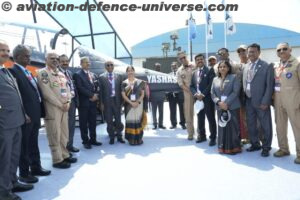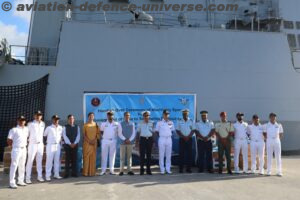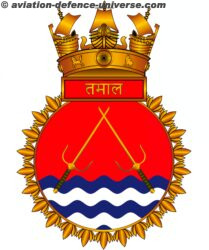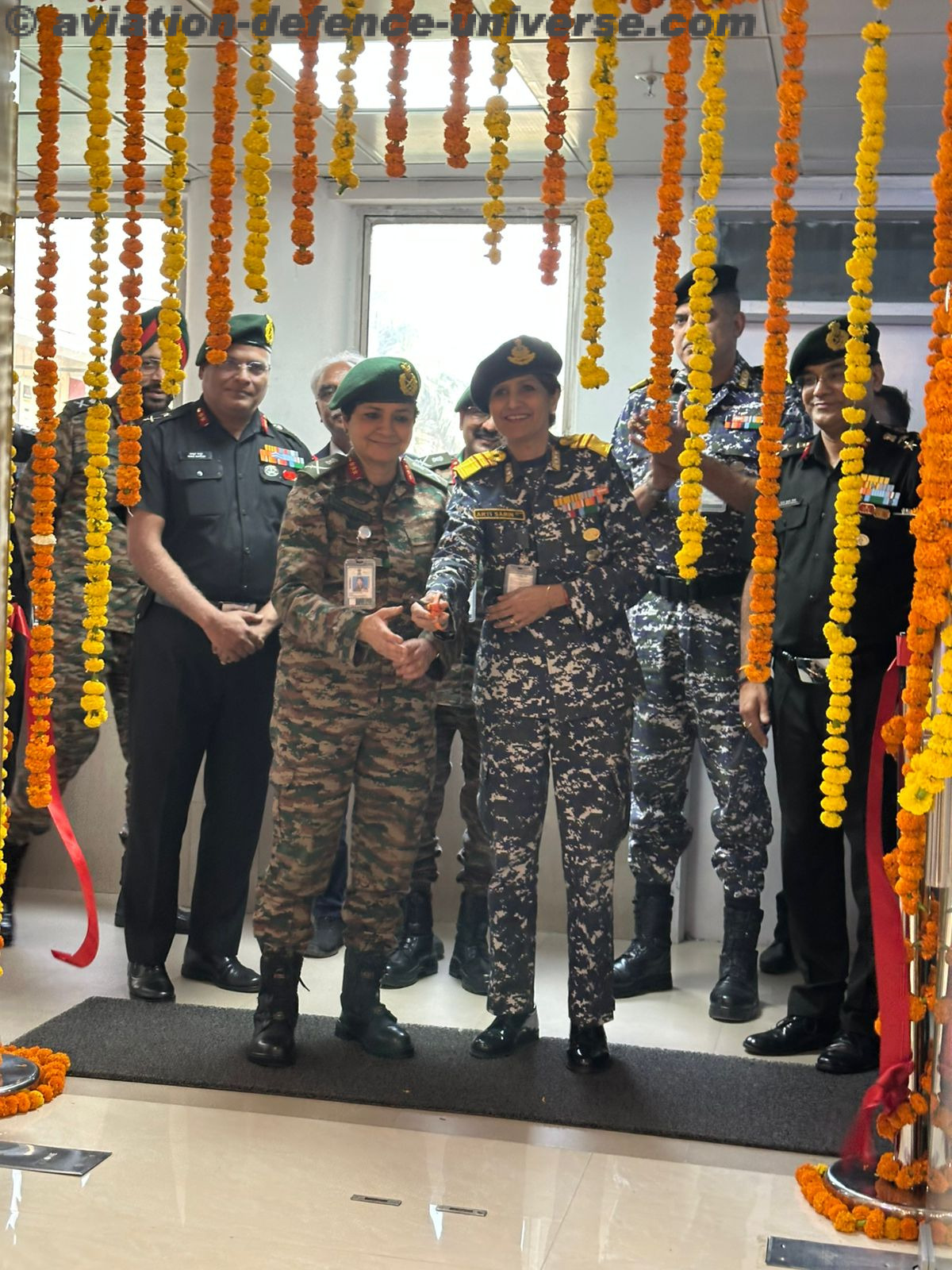Indian Navy has championed the cause of ‘Aatmanirbharta’ wherein it has transformed from a Buyer’s Navy to a Builder’s Navy with over 60 warships being constructed in Indian Shipyards. Indian Naval Aviation which forms an integral part of the Navy, is also steadfast on this path. Towards charting a firm course in this direction, a vision document ‘Aatmanirbhar Indian Naval Aviation –Technological Roadmap 2047’ has been formulated and is planned for release during Aero India 2025.
The Biennial event of Aero India 2025, being held at Air Force Station Yelahanka, Bengaluru from 10-14 Feb 25 offers a distinctive platform to users, R&D establishments, academia, industry partners, MSMEs and startups to interact and collectively contribute towards the national vision of ‘Viksit Bharat’ by 2047 through the aviation sector. The event offers a platform for the Naval Aviation to present it’s future requirements and for the industry to showcase what they have to offer with respect to the three S’s – Systems, Structures and Software essentially required in any Naval Aviation platform.
The Indian Navy operates upon high seas and vast oceans away from the mainland. Consequently, there is not much visibility to Indian Navy’s aviation platforms. Aero India 2025 is being used as an opportunity to showcase and acquaint the general populace with various types of naval aircraft being presently operated by Indian Navy as part of the static display. This will include MiG 29K 4th generation carrier borne fighter aircraft, Kamov 31 Airborne Early Warning helicopter, Seaking 42B and MH 60 R Anti-Submarine and Anti-Ship helicopters.
In addition, the Indian Navy will also display the Light Combat Aircraft (Navy) in the exhibition Area. The aircraft is designed by Aeronautical Design Agency (ADA) and manufactured by HAL. Successful landing of LCA (Navy) onboard the indigenous aircraft carrier INS Vikrant has propelled India into the league of a few nations with the capability of designing, developing, testing and manufacturing a deck borne fighter aircraft. Among the aircraft formations for the fly-past will be the all Navy VARUNA formation in a ‘V’ denoting ‘VICTORY’, with P8I in the lead flanked by MiG 29K and Hawk 132 aircraft.
In pursuance to the nation’s goal of ‘Aatmanirbhar Bharat’, India Pavilion will feature indigenous projects developed/ being developed by the Indian Navy in partnership with industry and DRDO, such as state of the art missiles, air droppable Search And Rescue (SAR) Kit, Air Droppable Container (ADC) for logistic stores, carrier borne systems for MiG 29K and Advance Light weight torpedo (ALWT). Also on display in the India Pavilion would be a scaled model of Indian Navy’s future deck borne fighter – the Twin Engine Deck Based Fighter (4++ generation, designed by ADA) mounted on a ski jump. Naval aviation being technology intensive, the Indian Navy is also infusing startups to develop futuristic naval aviation platforms and systems. Some of these will be on display in the India Pavilion.
To garner participation, create understanding and project future requirements of Indian naval aviation to industry, startups, DPSUs and academia, a seminar ‘Transition to Aatmanirbhar Indian Naval Aviation – 2047 and it’s Associated Ecosystem’ is being held on 12 Feb 25. The futuristic theme focuses on self-reliance by the year of centennial Independence Day. Close collaboration and partnership with academia, industry, DRDO, DPSUs and industry is the key to realisation of this vision.
Having grown in scope, stature and magnitude over the years, Aero India 2025 would prove another stepping stone towards growth and empowerment of Naval Aviation and self-reliance of the Nation’s Defence Forces.














